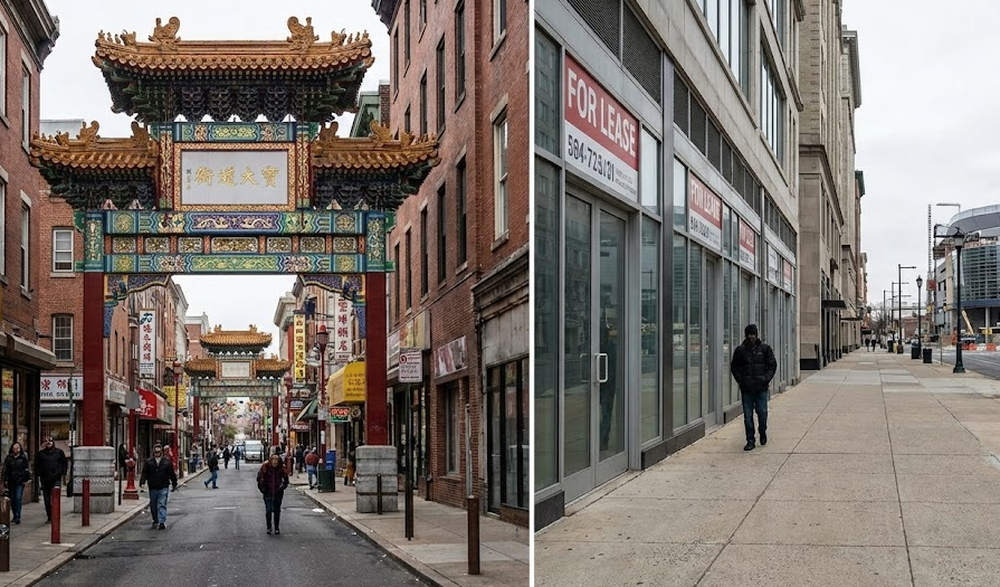PHILADELPHIA, PA - A critical labor standoff has erupted at the Port of Philadelphia as thousands of dockworkers, members of the International Longshoremen's Association (ILA), walk off the job. This strike, fueled by disputes over wages and the looming threat of automation, has sent shockwaves through the city's business community, with experts warning of significant disruptions to Philadelphia's intricate supply chain. As the situation escalates, businesses and consumers scram to prepare for the potential fallout.
The Lifeline of Commerce Grinds to a Halt
The strike underscores dockworkers' indispensable role in ensuring the seamless flow of goods through Philadelphia's bustling port. Their demands for fair compensation and job security in the face of increasing automation resonate with concerns about the future of labor in an increasingly automated world. The strike's impact is immediate and palpable, with cargo ships idling at anchor, facing mounting delays, and port operations slowing to a crawl. Every day the strike persists, the strain on the supply chain intensifies.
A City Braces for the Ripple Effect
The Port of Philadelphia is a vital artery for imports and exports, handling a massive volume of cargo that encompasses everything from perishable food and everyday consumer goods to automobiles and crucial construction materials. This labor dispute threatens to sever this artery, potentially leading to shortages, crippling delays, and soaring costs for businesses that rely on the port's smooth operation.
The economic repercussions will likely cascade through various sectors of Philadelphia's economy. Retailers may find their shelves bare, manufacturers may face production shutdowns due to a lack of essential raw materials, and consumers may be confronted with inflated prices and limited access to certain goods.
Weathering the Storm: A Call to Action
The Philadelphia dockworkers' strike is a powerful reminder of the delicate balance and interconnectedness of global supply chains and human labor's vital role in their seamless function. As the situation unfolds, businesses and consumers must remain vigilant, adapt to the evolving landscape, and collaborate to overcome the challenges that lie ahead.
Philadelphia can navigate this turbulent period and emerge with a more resilient and robust supply chain by taking proactive measures to mitigate disruptions, such as diversifying suppliers, exploring alternative transportation routes, and bolstering inventory levels. The key lies in staying informed, remaining adaptable, and working together to ensure the city's economic vitality in the face of this unprecedented challenge.






